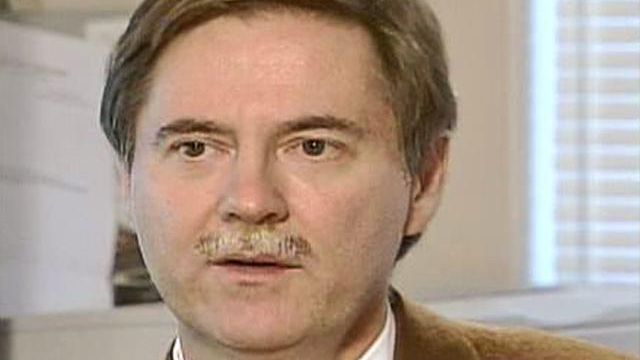Duke professor offers 'proactive' plan to rescue economy
A Duke University professor says that lawmakers should have acted sooner to prevent Monday's meltdown on Wall Street. His plan proposes action to prevent a recession, he said.
Posted — Updated"The $700 billion plan deserved to fail," Harvey said
The bill would have given the treasury secretary wide authority to buy up bad assets, including mortgages, from financial institutions.
Harvey said that plan asked taxpayers to spend too much on what are widely called "toxic assets."
"I can understand that this is a nauseating proposition for the American people," Harvey said.
Instead, he proposed that the government get a better bargain and use the investment to make more loans available to smaller businesses. "Toxic assets" would be bought for lower prices, used to fund loans to businesses and kept for three or five years, assuming a market recovery.
"At these prices, financial firms would be pleased to sell – and the taxpayers would get to buy at a price where we can make a positive return," Harvey said. "Small and medium businesses are the driver of growth in our economy."
Another problem with Congress' plan, Harvey said, was that it would have taken months to implement and been administered by asset managers with a conflict of interest.
Lawmakers need to be looking ahead, the professor said – and preparing to handle as many a 1,000 more bank collapses. Such actions should have been taken more than a year ago.
"The time for action was back then, but you let this thing fester, and this is what you get," Harvey said.
Despite past mistakes, Congress needs to be taking the "proactive" approach that his plan urges, Harvey said.
"You risk a deep recession, and nobody wants that," he said.
• Credits
Copyright 2024 by Capitol Broadcasting Company. All rights reserved. This material may not be published, broadcast, rewritten or redistributed.






